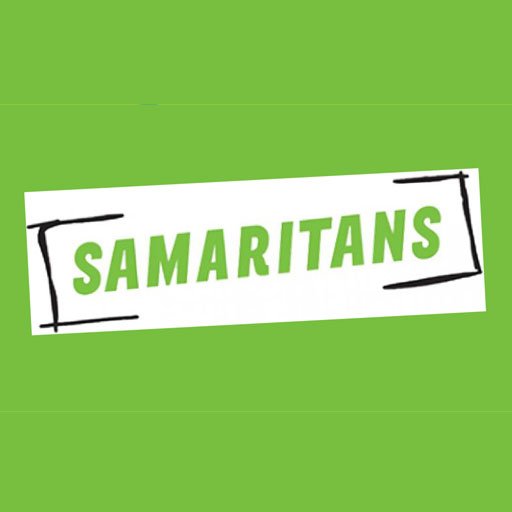disability
Feeling different due to a physical or mental disability can be difficult
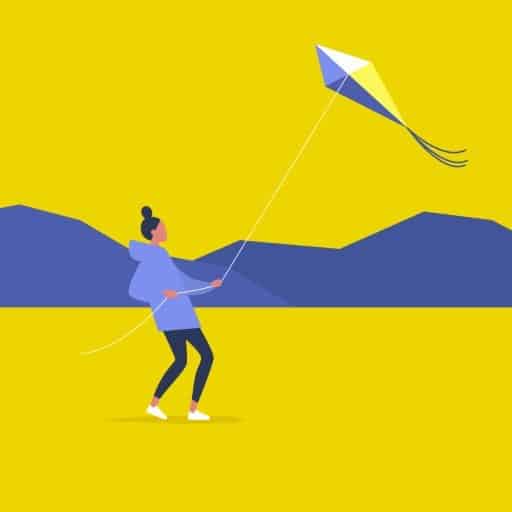
What does being disabled mean?
Being disabled means having impairment. It means you have an extra challenge to overcome. You’re disabled if you have a physical or mental impairment that has a ‘substantial’ and ‘long-term’ effect on your ability to do everyday activities.
In other words it may take you longer to do something or you may need someone to help you. It doesn’t define you. Disabled people may experience things in their community to others that can impact upon their health and well-being.
This page looks at some of the issues affecting young people with disabilities and how to access support to grow to be yourself and have fun.
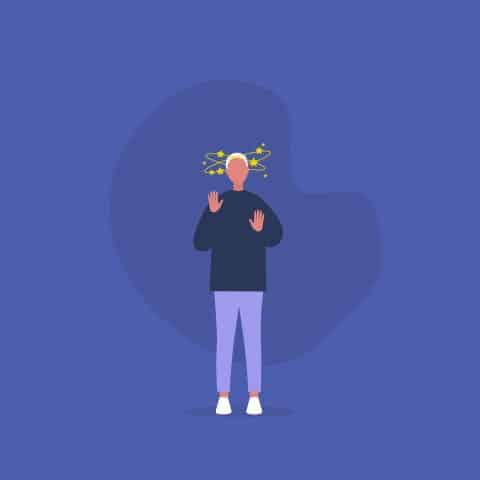
Some issues that may affect you as a young person with disabilities
These may include:
- Reactions from family and friends
- Targeted by dishonest adults to do things for them – maybe of a criminal or sexual nature.
- Difficulties understanding the way your disability is impacting you. Am I normal for feeling like this?
- Abuse and bullying at school/college/work
- Keeping things bottled up inside
- Difficulties getting by day to day
- Prejudice, discrimination and hate crimes.
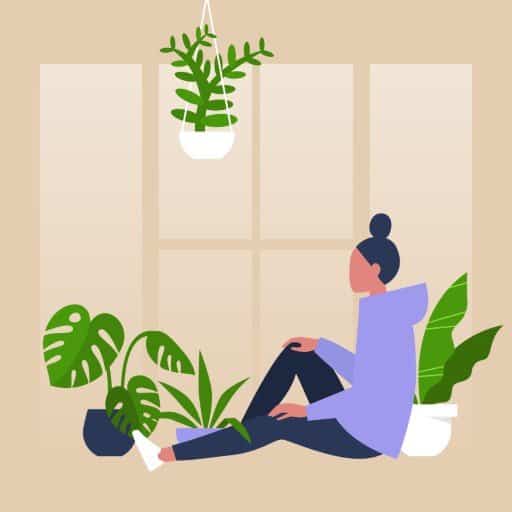
Some things to consider about being disabled
Some people have little or no understanding of disability and this may affect their ability to have a relationship with you. This is their problem not yours. This may be the case if you become disabled through an illness or accident not born with a disability.
It may be difficult to start a conversation about your disability but it can help you have a closer and more honest relationship with family and friends. It is up to you IF you want to do this (or who you speak to) but remember that some people may not understand or be hostile.
Sometimes people may seem a bit over the top trying to help you. Their intentions are good and they mean well – may just be a tad painful or even embarrassing.
Thankfully, on the whole most people are good. However if you do experience discrimination or bullying there are people out there who can help you. Experiences of such discrimination can have a really bad impact on our well-being and mental health.
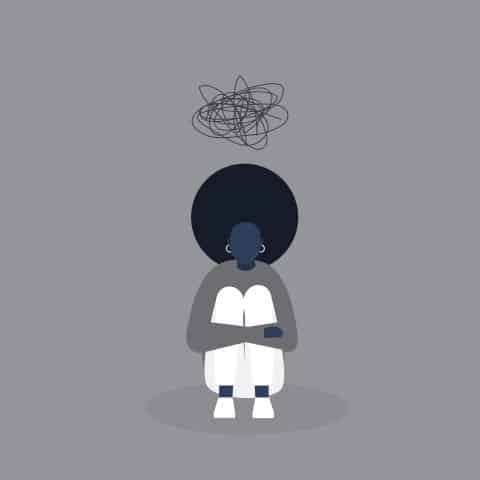
Discrimination and bullying
Having a disability is known as a protected characteristic. The Equality Act 2010 means that the law protects people with protected characteristics from discrimination and being unfairly treated for being different.
Remember, you have the right to be treated fairly and with respect. Go to this page if you want to know more about your rights and how you can challenge discrimination.
Find out more about protected characteristics here.
Worried about bullying? Get support here
Top tips to well-being *Well-being is generally feeling well, healthy and happy with life.
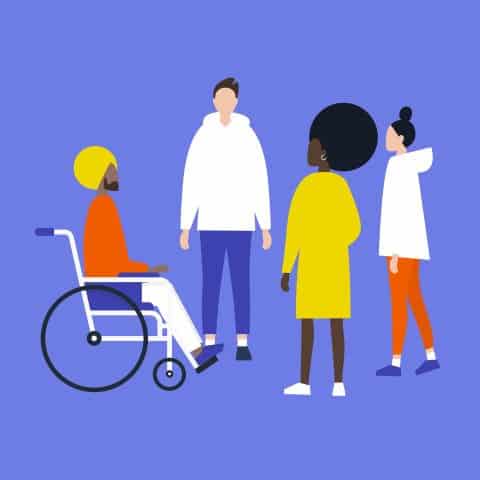
Asking for help
- You might not like asking but people who care about you will want to help
- Ask a trusted friend, Parent/Carer or family member
- Professional - Youth Worker/Doctor/Social Worker/ Teacher or School Nurse
- Community Support Group
- Trusted Online Support Group or website
Believe in Yourself
- Focus on the positive
- Understand and challenge negative/bad feelings
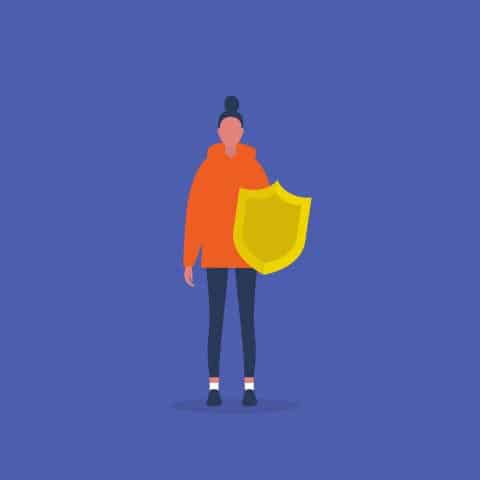
Take time out
Stress busting relaxation: Stop what you are doing, look out of the window, let your shoulders drop, stretch - allow your mind to calm down. Deep Breaths: think of a lovely place you have been to, keep taking deep breaths, take time to relax in this place.
Stresspot on MindMate is a fun way to look at stress.
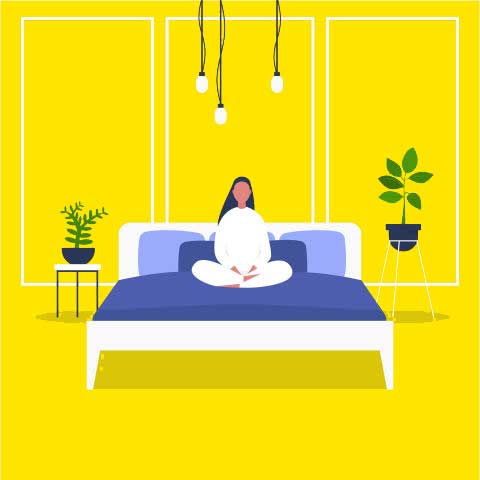
Do something you enjoy
- Be active: still go outdoors everyday to get some fresh air
- Go for a walk, run, cycle or do exercises at home that work for you
- Be creative: do drawing, painting, doodles, make masks, birthday cards, upcycle an old t-shirt or jacket
- Learn a new craft or activity
- Listen to music: something that is calming & makes you feel good
- Watch films, read a book or listen to audio books (App - Audible), magazine
- Take photos and make a collage out of the new and old ones
- Keep a journal, diary or blog
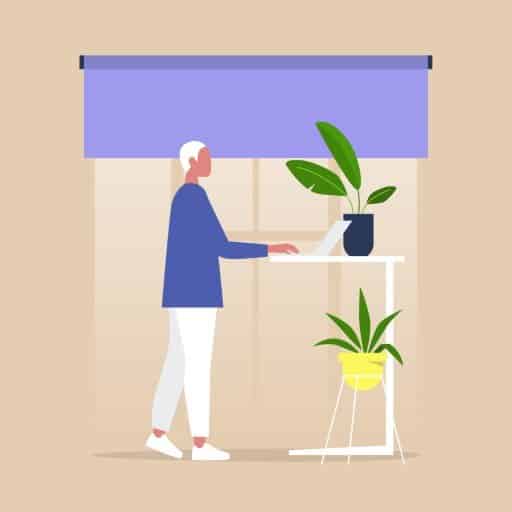
Look after your health
Eat well: do some cooking, try new healthy recipes.
Visit our Healthy Eating Page here.
Sleep well: Turn off your phone or tablet, have a relaxing bath.
Visit our Sleep Matters Page here.
Stay connected (and safe)
- Stay in touch - Facetime, Google hangouts or Zoom
- Manage your time online - Facebook, Instagram, YouTube make it easy to track your time online whether you're on iOS or Android
- Set a daily reminder to track your time online - set your ideal daily usage
- Speak to friends & family on the phone or text them
- Stay safe - Privacy is possible. Use 'social media site settings' to protect your information
- Block anyone who makes you feel uncomfortable
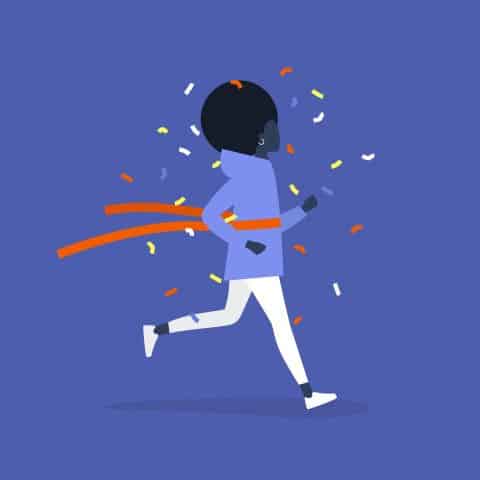
Believe in yourself and be proud!
- I have not allowed my disability to stop me from doing things/ achieving
- I have learnt new skills
- I do things I may not have done because of it. I have extra determination
- I have a blog to raise awareness
- I’m proud to be living independently
- I am part of a great community of people
- Disability is not a barrier; society has progressed in its’ attitudes
- I understand other people better
- I have great empathy with others
- I have conquered many things to give me a fuller life
- I have overcome more than most and am extremely resilient as a result
- I can laugh at myself – and even embarrass others by doing so!
- If I’m feeling confident then I try and understand & challenge negative/bad feelings
Want to find out more?
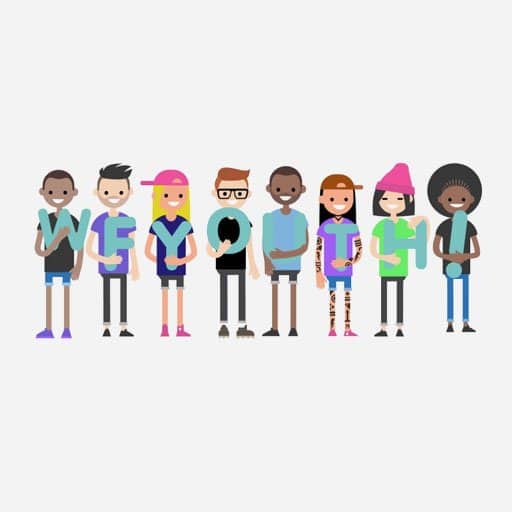
WFYouth
Wakefield Council Youth Work Team. Information and links for
Special Educational Needs & Disability Groups.
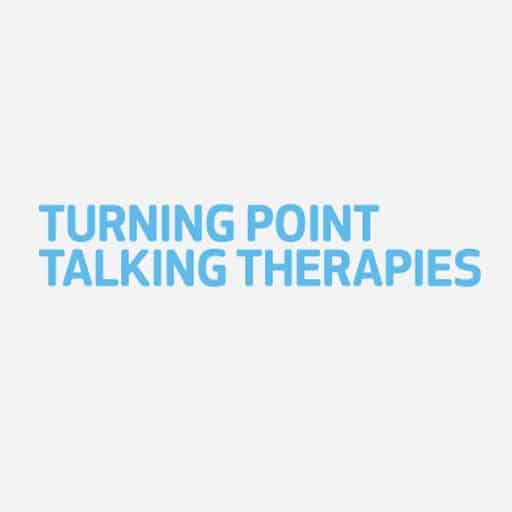
Turning Point - Talking Therapies
If you are 16 years or over and registered with a GP Surgery in Wakefield District you can access Turning Point Talking Therapies.
Tel: 01924 234860
Wakefield.talking@turning-point.co.uk
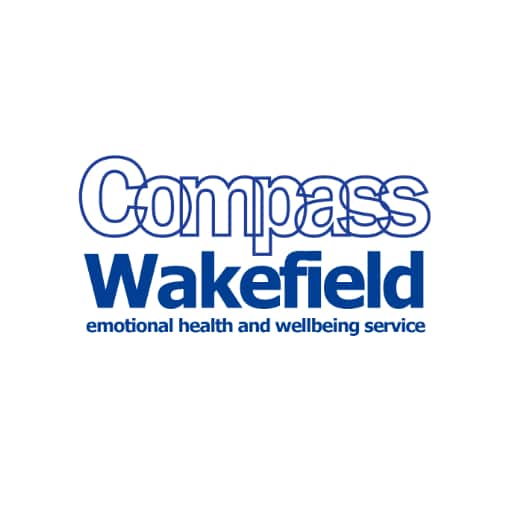
Compass Wakefield
Helps children, young people and families facing low mood, friendship problems, bullying, online bullying or feeling angry, lonely or sad before things get worse. Text BUZZ to 85258 for text messaging support, call 01924 665 093 or send off a referral form
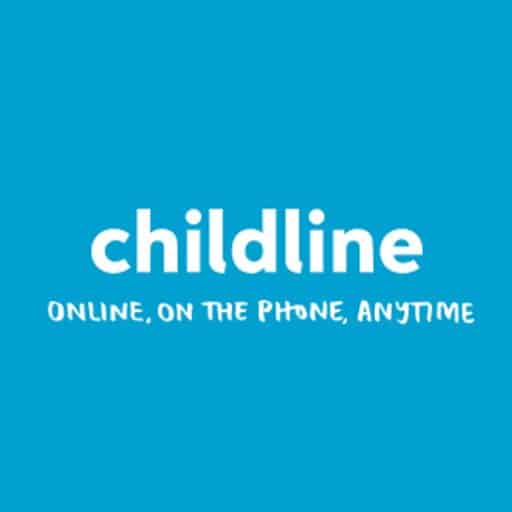
Childline
Free, confidential service where you can talk about anything online on the phone anytime. Tel: 0800 1111
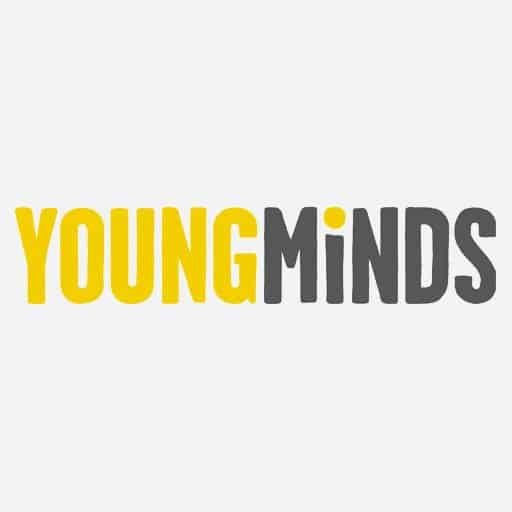
Young Minds
Young Minds Crisis Messenger for 24/7 support across the UK if you are experiencing a mental health crisis.
If you need urgent help text YM to 85258
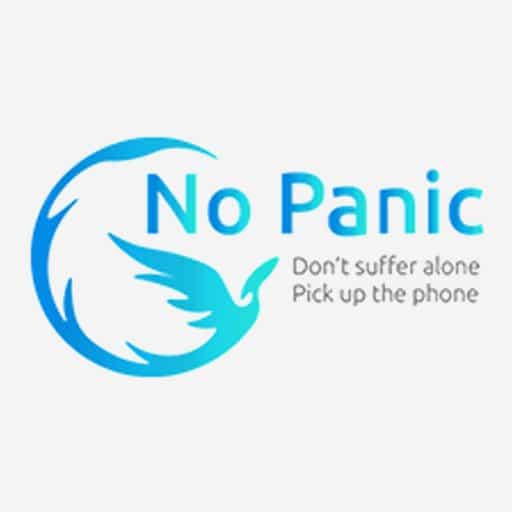
No Panic
Panic attacks, OCD, phobias.
Helpline: 0844 967 4848 (10am - 10pm (charges apply)
Crisis No 01952 680835 (24 hour)
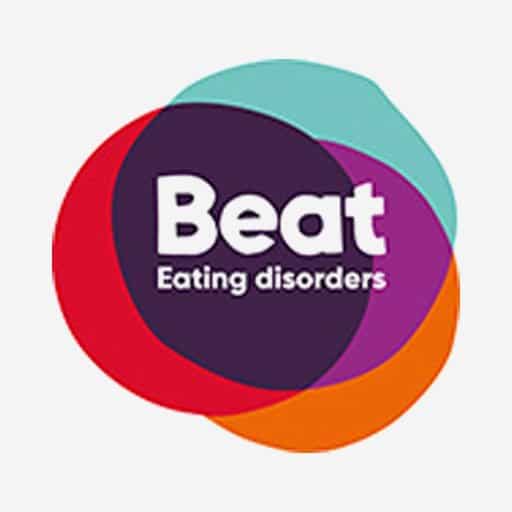
Easting Disorder Charity: B-eat
For under 18 year olds
Email: fyp@b-eat.co.uk
Phone: 0345 634 7650
(4pm to 10pm - 365 days a year)
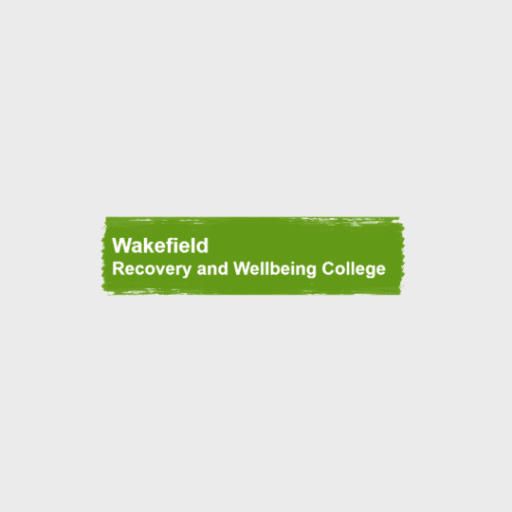
Wakefield Discovery College
Provides free courses and workshops that can help anyone aged 16-25 with their wellbeing and recovery journey.

